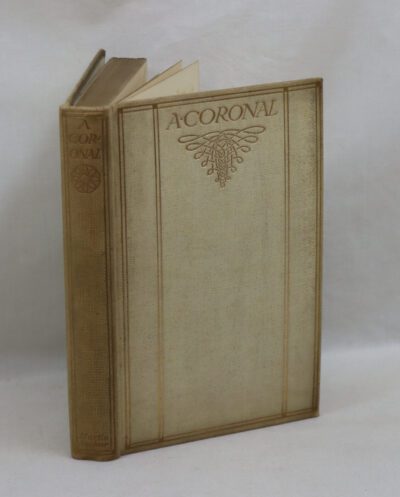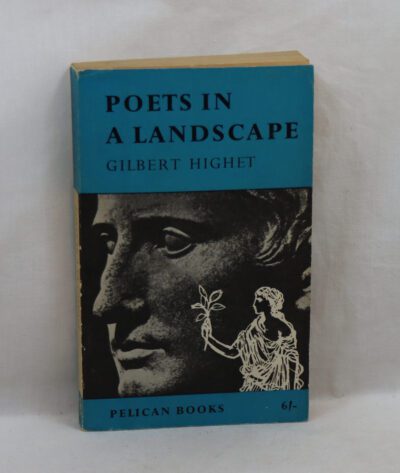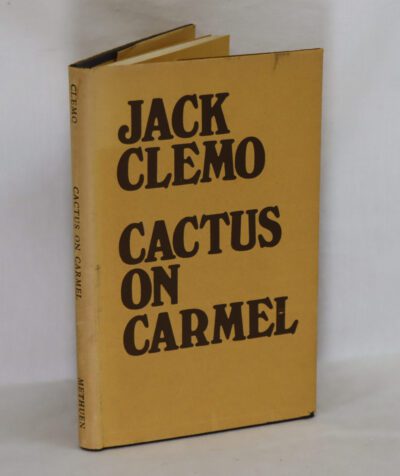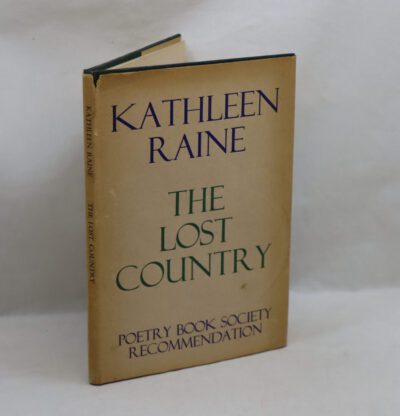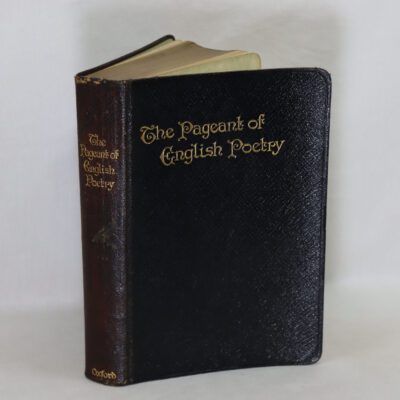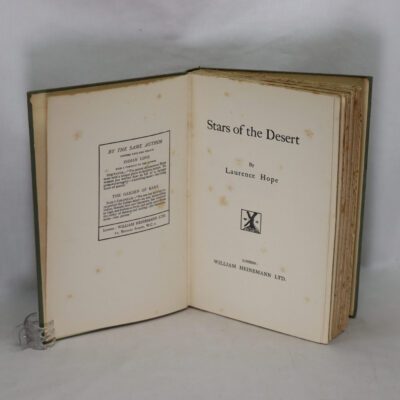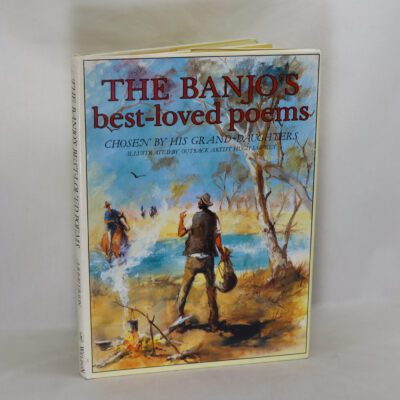Idylls of the King.
By Alfred Tennyson
Printed: 1859
Publisher: Edward Moxton. London
| Dimensions | 12 × 18 × 2 cm |
|---|---|
| Language |
Language: English
Size (cminches): 12 x 18 x 2
Condition: Very good (See explanation of ratings)
FREE shipping
Your items
Item information
Description
Green cloth binding with gilt title on the spine.
- F.B.A. provides an in-depth photographic presentation of this item to stimulate your feeling and touch. More traditional book descriptions are immediately available.
- Note: This book carries the £5.00 discount to those that subscribe to the F.B.A. mailing list.
The Idylls of a King was published between 1859 and 1885 as a collection of 12 narrative poems by the English Poet, Lord Alfred Tennson. The collection regales the legend of King Arthur and his knights, his love for Guinevere and her tragic betrayal of him, and the rise and fall of Arthur’s kingdom. The whole work recounts Arthur’s attempt and failure to lift up mankind and create a perfect kingdom, from his coming to power to his death at the hands of the traitor Mordred. Individual poems detail the deeds of various knights, including Lancelot, Geraint, Galahad, and Balin and Balan, and also Merlin and the Lady of the Lake. The poems were dedicated to the late Prince Consort Albert. The Idylls are written in blank verse.
First Edition Identification: London: Edward Moxon published a 1st edition in 1859, as a first issue hardcover. It is distinguished by a blank verso of title-page, light green blind stamped cloth with title in gilt on spine.
Alfred Tennyson, 1st Baron Tennyson FRS (6 August 1809 – 6 October 1892), was an English poet. He was the Poet Laureate during much of Queen Victoria’s reign. In 1829, Tennyson was awarded the Chancellor’s Gold Medal at Cambridge for one of his first pieces, “Timbuktu”. He published his first solo collection of poems, Poems, Chiefly Lyrical, in 1830. “Claribel” and “Mariana”, which remain some of Tennyson’s most celebrated poems, were included in this volume. Although described by some critics as overly sentimental, his verse soon proved popular and brought Tennyson to the attention of well-known writers of the day, including Samuel Taylor Coleridge. Tennyson’s early poetry, with its medievalism and powerful visual imagery, was a major influence on the Pre-Raphaelite Brotherhood.
Tennyson also excelled at short lyrics, such as “Break, Break, Break”, “The Charge of the Light Brigade”, “Tears, Idle Tears”, and “Crossing the Bar”. Much of his verse was based on classical mythological themes, such as “Ulysses”. “In Memoriam A.H.H.” was written to commemorate his friend Arthur Hallam, a fellow poet and student at Trinity College, Cambridge, after he died of a stroke at the age of 22. Tennyson also wrote some notable blank verse including ‘Idylls of the King’, “Ulysses”, and “Tithonus”. During his career, Tennyson attempted drama, but his plays enjoyed little success.
A number of phrases from Tennyson’s work have become commonplace in the English language, including “Nature, red in tooth and claw” (“In Memoriam A.H.H.”), “‘Tis better to have loved and lost / Than never to have loved at all”, “Theirs not to reason why, / Theirs but to do and die”, “My strength is as the strength of ten, / Because my heart is pure”, “To strive, to seek, to find, and not to yield”, “Knowledge comes, but Wisdom lingers”, and “The old order changeth, yielding place to new”. He is the ninth most frequently quoted writer in The Oxford Dictionary of Quotations.
Condition notes
Want to know more about this item?

Related products
Share this Page with a friend




